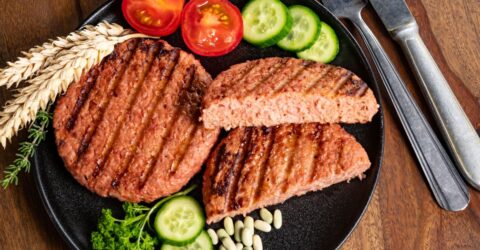Do We Need Animal Foods to Meet Global Protein Requirements?
We have a bad habit of persistently conflating protein with animal foods. It’s on the restaurant menus. When it’s not at the forefront of our thoughts, it’s in the back of our minds. The idea is so deeply entrenched that one of the first questions a non-meat-eater must confront from friends and family is, inevitably, … Continued










